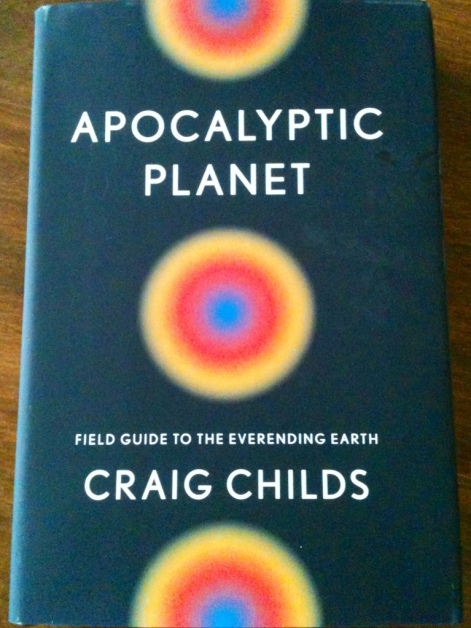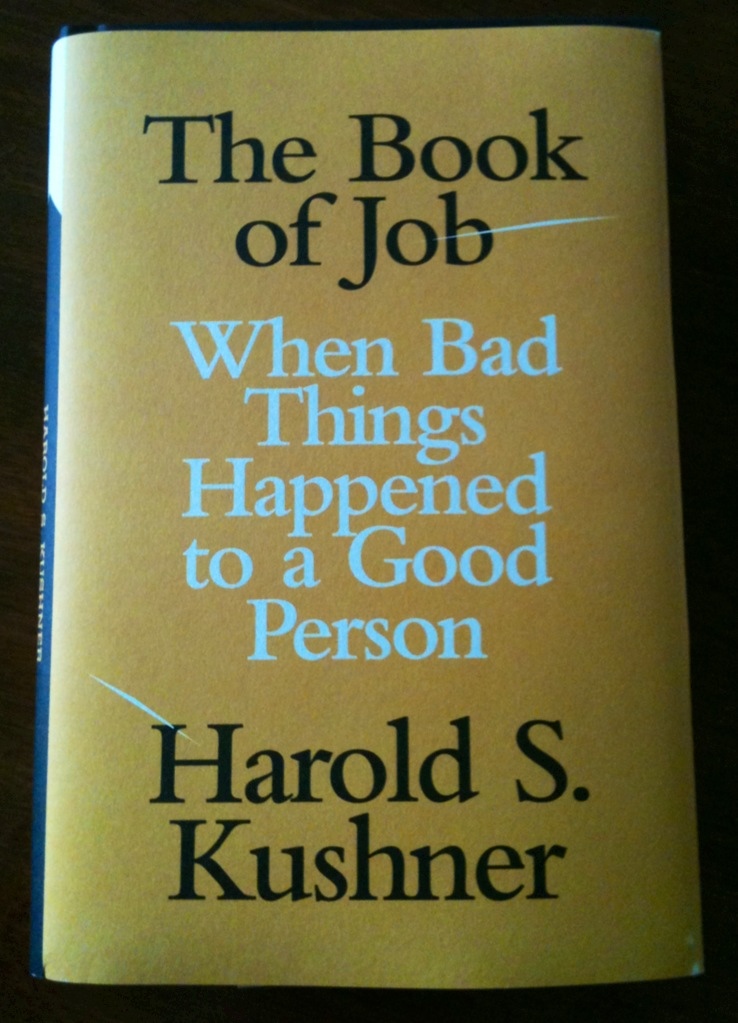
Two new review copies from the good people at Pantheon.
First, Apocalyptic Planet, which looks pretty cool. Pub copy:
The earth has died many times, and it always comes back looking different. In an exhilarating, surprising exploration of our planet, Craig Childs takes readers on a firsthand journey through apocalypse, touching the truth behind the speculation.Apocalyptic Planet is a combination of science and adventure that reveals the ways in which our world is constantly moving toward its end and how we can change our place within the cycles and episodes that rule it.
In this riveting narrative, Childs makes clear that ours is not a stable planet, that it is prone to sudden, violent natural disasters and extremes of climate. Alternate futures, many not so pretty, are constantly waiting in the wings. Childs refutes the idea of an apocalyptic end to the earth and finds clues to its more inevitable end in some of the most physically challenging places on the globe. He travels from the deserts of Chile, the driest in the world, to the genetic wasteland of central Iowa to the site of the drowned land bridge of the Bering Sea, uncovering the micro-cataclysms that predict the macro: forthcoming ice ages, super-volcanoes, and the conclusion of planetary life cycles. Childs delivers a sensual feast in his descriptions of the natural world and a bounty of unequivocal science that provides us with an unprecedented understanding of our future.
I suppose I’m less enthusiastic about Harold Kushner’s take on The Book of Job—

Here’s the pub copy:
From one of our most trusted spiritual advisers, a thoughtful, illuminating guide to that most fascinating of biblical texts, the book of Job, and what it can teach us about living in a troubled world.
The story of Job is one of unjust things happening to a good man. Yet after losing everything, Job—though confused, angry, and questioning God—refuses to reject his faith, although he challenges some central aspects of it. Rabbi Harold S. Kushner examines the questions raised by Job’s experience, questions that have challenged wisdom seekers and worshippers for centuries. What kind of God permits such bad things to happen to good people? Why does God test loyal followers? Can a truly good God be all-powerful?
Rooted in the text, the critical tradition that surrounds it, and the author’s own profoundly moral thinking, Kushner’s study gives us the book of Job as a touchstone for our time. Taking lessons from historical and personal tragedy, Kushner teaches us about what can and cannot be controlled, about the power of faith when all seems dark, and about our ability to find God.
Rigorous and insightful yet deeply affecting, The Book of Job is balm for a distressed age—and Rabbi Kushner’s most important book since When Bad Things Happen to Good People.

I’ll take the intelligence based volume. I like Blake also but I wouldn’t use a volume of his to instruct me on how to repair the brakes on my truck, as an example. However, the Book of Job itself makes for good reading.
LikeLike
The first book does look like an interesting read though I’ve never heard of central Iowa referred to as a genetic wasteland before.
I can understand your not being as enthusiastic about the second book.
I couldn’t agree more with ccllyyddee. The Book of Job is a good read, but not because it can teach us anything about evil.
LikeLike
In his book Where ShallWisdom Be Found?, Harold Bloom writes extensively about Job, and argues (quite convincingly) that the beginning and end are tacked on by later editors who wrote with a different style and for a different purpose—namely, the purpose of giving a meaningful “happy ending” to Job’s complaint.
LikeLike
A pity the later editors felt his complaints needed a happy ending – they were fine as they were.
That reminds me of Ecclesiastes, which is so eloquent verse after verse, and then in the last chapter we’re suddenly told to remember the Creator and his commandments. Granted, verses 1-6 are poetry of the highest caliber.
I’ve not read the book you mention by Bloom, but I take it would be something you’d recommend.
LikeLike